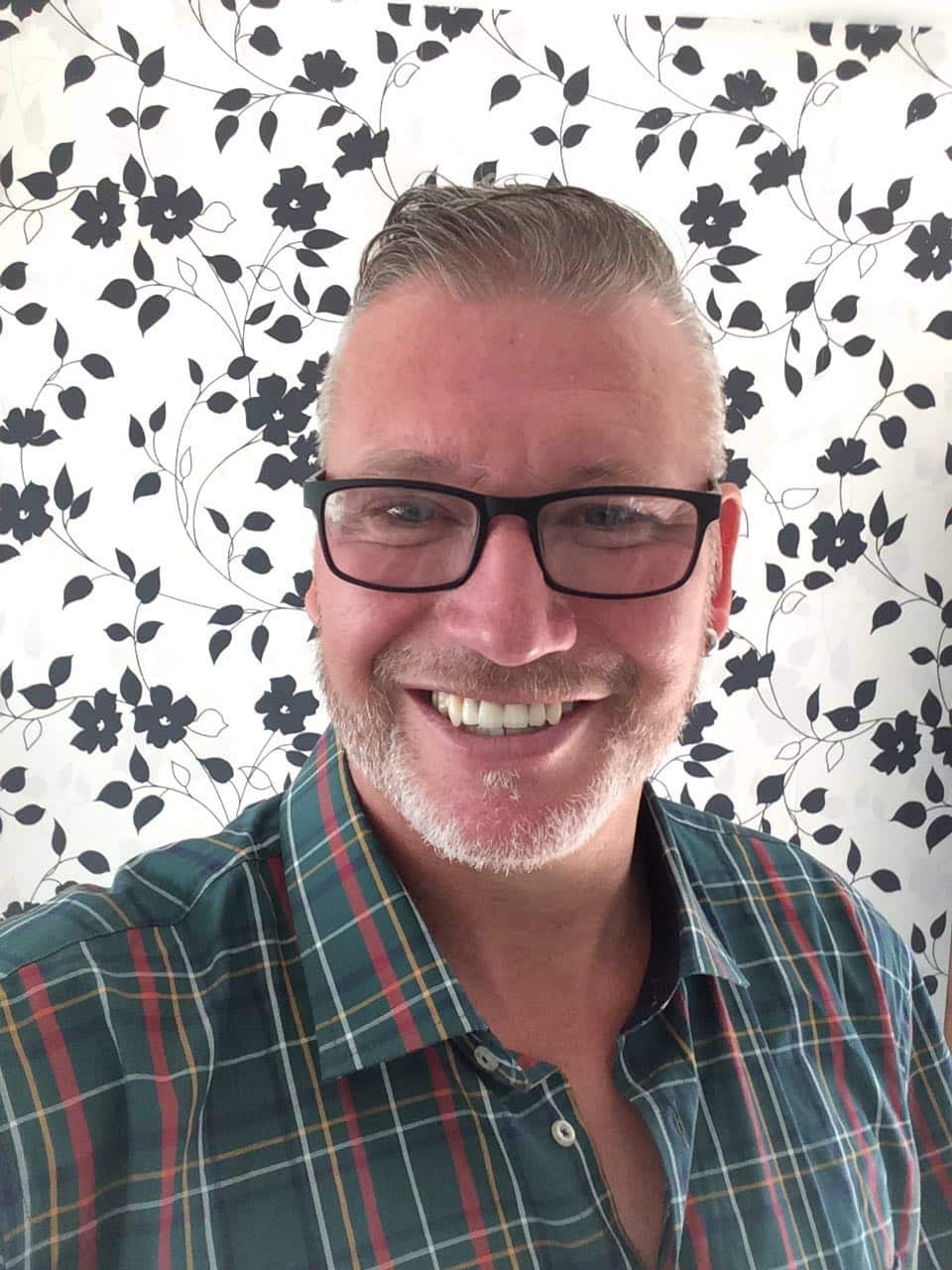Humanistic Counselling: What is it?
Humanistic counselling is the most well-known counselling model or therapy. It is actually an eclectic, collective of psychological models or theories to form what is accepted as the most effective talking therapy and results in the most effective resolution to life’s challenges and problems.
It works on the premise that the human being has within them the skills needed to live a fully functioning existence (Actualising Tendency) and that all human beings have these resources within them as a kind of blueprint for life.
Though there may be many barriers to these being available to us, such as poor parenting or a difficult start to life, the Humanistic counsellor/therapist will work with you to enable and improve these inner resources and skills, to become a lifelong set of skills to help you self-actualize, or live authentically and happily.
The working relationship which encourages self-discovery and self-growth:
The relationship between client and counsellor is the major factor in Humanistic counselling, building a trusting, safe environment, a safe place for clients to express their fears and worries is very important.
The Humanistic counsellor has a belief that the client is the expert on themselves, it may be that the person does not feel or know that they have the ability to live the life they desire, but the Humanistic counsellor will help and enable the client to unlock the inner strengths which he/she believes we all have within us.
Once these beliefs and inner resources are realised, you will have the know-how and skills to deal with all future life challenges and problems more effectively.

The three psychological theories of Humanistic Counselling
There are three theories being used in Humanistic counseling:
Person or Client Centered Therapy: Developed by American psychologist, Carl Rogers, this model emphasises the connection between clients and their counsellor or therapist, it relies less on skills and more on the connection we make with another human being, the skills are seen as secondary to the unique connection built between a client and counsellor. The counsellor sees the client as equal in the relationship, they see the client as the expert on themselves and will enable the client to find their inner resources to enable them to find ways to deal and manage life’s challenges.
Existential Theory: Is based around what is known as the ‘Human Givens’, the aspects of Human life which we all have in common. They are Meaninglessness, Freedom and Responsibility, Death, Loneliness and Isolation. Most of life’s challenges and difficulties have their roots in one of these conditions. In Existential theory it is accepted that Human Beings are ultimately alone in the world and that this belief creates a need to connect with others and to feel valued and accepted by others, however, knowing this creates an anxiety and the awareness that ultimately, we are alone and that our own happiness and validation must come from within ourselves and not from others. This may be difficult for most people, especially if their basic needs were not met during their formative years. The counsellor will help you to learn to be happy and content within and not need validation from others.
Gestalt Therapy: Concentrates more on the ‘Here and Now’ and how the clients past may have an impact and influence how they live today.
Role play or creative therapeutic writing are key elements of this model.
Writing letters to people who have had an impact on our lives is very powerful, whether they are actually sent or just written for their therapeutic use, the writing of letters is very useful in resolving past hurts and this tool is widely used in therapeutic counselling.
Creating a working relationship
The Humanistic counsellor relies much less than other therapists on tools or skills, though the counsellor is very skilled, the relationship and the connection between two people who travel the therapeutic journey together is more important. The three tools or skills which are seen as paramount are:
Acceptance or unconditional positive regard (UPR) This is the counsellor’s positivity and acceptance of his/her client, it is essential to the therapeutic relationship that the client and counsellor create together a working, caring relationship.
Genuineness or congruence means that the counsellor is more willing to share more of themselves with the client, this reduces any perception that the counsellor feels superior to the client, the counsellor truly believes that the relationship is equal and will foster that belief in the working relationship.
Empathy is what happens when the counsellor truly listens, hears and really understands the feelings of his client, the ability to enter into the client’s perception of their life and to see and feel things as the client experiences them. This kind of understanding is very rare outside of counselling, we may be listened to, but not fully understood, the power of feeling fully understood is extremely beneficial and feeling listened to and understood is a major step to therapeutic change.
Other Humanistic counsellors or therapists and I believe, if these 3 core conditions are in place, then therapeutic growth and change is likely to take place, these are the key aspects of Person-Centered Counselling, and they create a wonderful, close working relationship where change and development are possible and, in most cases, likely.
In addition, Paul uses life coaching strategies and tools to compliment the therapeutic model, which results in a faster and more permanent set of tools and strategies, being taught to clients. These tools and strategies will enable clients to feel in control and have the skills for life.
Online Humanistic Counselling with Me
As with face-to-face Humanistic counselling, online Humanistic counselling maintains that the relationship is the major factor in the therapeutic experience. The fact that the counselling is online may in many ways be a benefit, here are some of them:
- Writing is very therapeutic, and you can choose to save your session and read it back at your convenience.
- Online counselling is easily accessible from your home or workplace, or anywhere with an internet connection, even from your mobile telephone.
- Confidential as only your counsellor will ever know you are having counselling.
I’m Paul Parkin – A therapist and life coach. This is why you should work with me:

It is important that you feel comfortable with your counsellor, life coach or therapist, and that you feel able to develop an open, honest and trusting working relationship with them. Without this, no talking treatment or counselling is likely to be successful.
Online counselling with me offers you a safe space to explore your issues freely and comfortably while keeping your anonymity, as your details and who you are remains confidential.
What some of my recent clients have said about our work together.
‘After 50+ years of struggling with the shame and guilt attached to the stigma of crossdressing, the anxiety, stress and overwhelming fear of being discovered pushed me to seek professional help. Finding Paul was such a gift.
With Paul’s guidance and support, my journey to self-acceptance has been a very positive one. Paul has so many qualities that make him an effective counselor. In addition to being experienced and knowledgeable in many areas, He is warm, friendly, engaging, empathetic, compassionate, a good listener, non-judgemental, easy to talk to and so much more!
The convenience of on-line counseling and especially the privacy it offers was key in helping me openly and honestly discuss my issues with Paul.
I have a new-found confidence, a more positive attitude and a great sense of hope for the future – all of which I owe to working with Paul.
Do yourself a favor. If you’ve ever considered seeking professional help and hesitated because you didn’t know where to look – reach out to Paul. You will be forever grateful you did.‘
Steve, USA
‘After researching and contacting a couple of different therapists, I decided to go with Paul after discussing my requirements (primarily work on a severe phobia, and some self-esteem, anxiety and depression issues) as he came across as friendly, empathetic and knowledgeable.
His approach blended CBT (Cognitive Behaviour Therapy) and NLP (Neuro Linguistic Programming) techniques with talking therapy, he was kind and understanding throughout the whole process, always explaining why he was introducing certain actions and how they would help, and always reassuring me and reminding me how much progress I was making, which was invaluable in those moments when I was down and couldn’t see it myself.
I felt validated, listened to, and supported from Paul, and in the 6 months he worked with me, am in a much better place mentally- plus I now have mental tools and techniques on which I can fall back as I need them.
My former phobia is reduced to a stage I would have thought completely impossible, as I’ve suffered from it since as early as I can remember, from childhood. I will continue working on it using what Paul has taught me, and I know my quality of life due to this is much improved.
My advice if anyone is deliberating over hiring Paul is to go for it- he has been wonderful and well worth it, and you feel like a wise friend is guiding you throughout the whole process.
Thanks, Paul, and I will definitely come back to you in future should I need further help.‘
Zoe, UK
